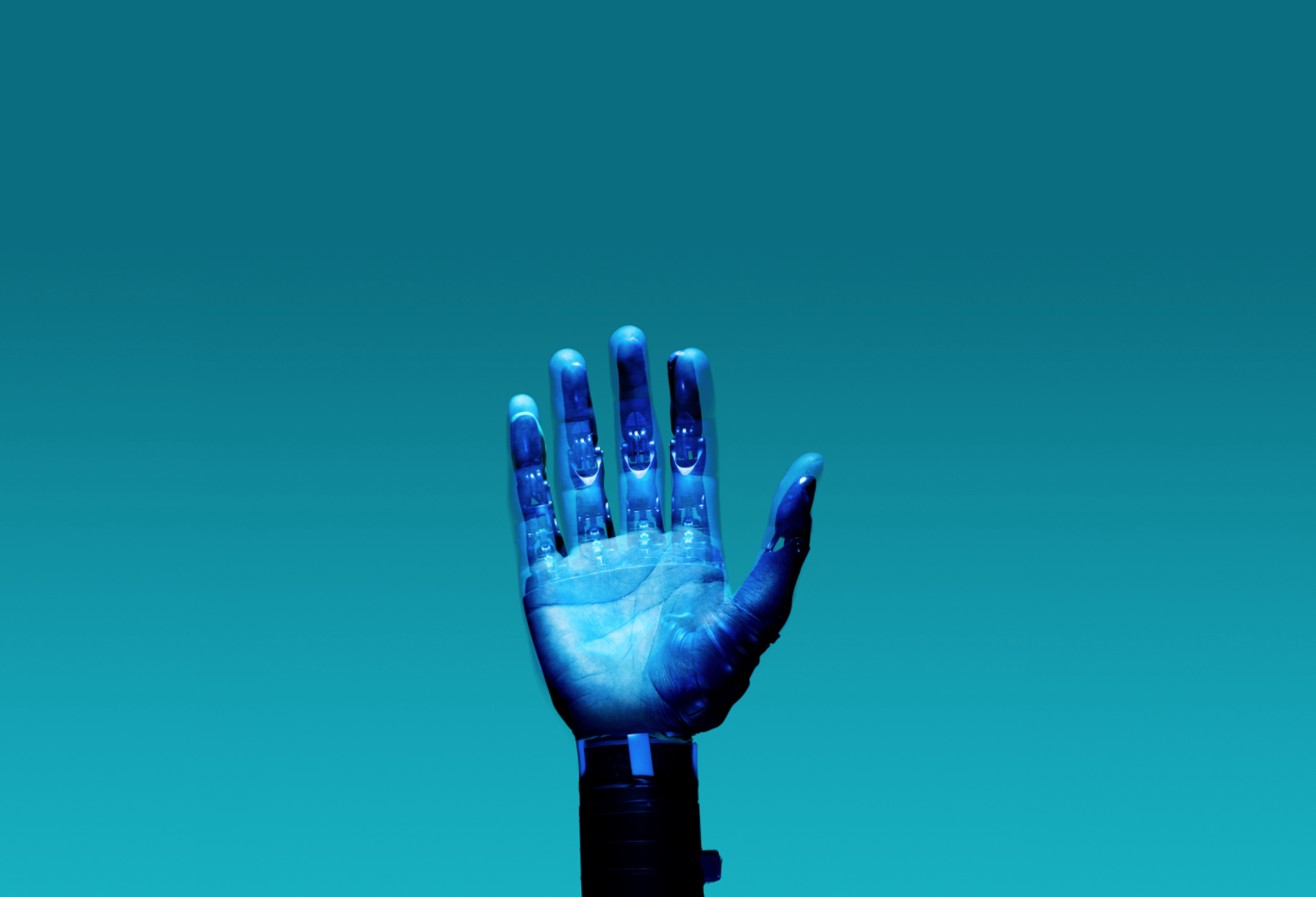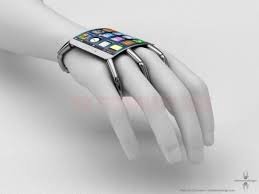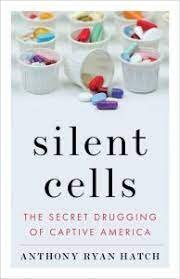
Technically Human is a podcast about ethics and technology that
asks what it means to be human in the age of tech. Each week, Professor Deb Donig interviews industry leaders, thinkers, writers, and technologists, and asks them about how they understand the relationship between humans and the technologies we create. We discuss how we can build a better vision for technology, one that represents the best of our human values.

Body Snatchers: Manjula Padmanabhan discusses the drama of technology and the black market of organ harvesting
Today’s episode is the final episode of our season. The episode features a very special conversation, one that I have wanted to have since I started the show two years ago. In the episode, I sit down with Manjula Padmanabhan. We talk about her play, Harvest, and the connection between market demand in the West and body supply in the global South, and we discuss the relationship between organ donation, as a technology, and human rights, as a philosophy. And Manjula explains why science fiction matters for our ability to understand, and to create, what it means to be human.

Embodied Technology and the Quantified Self with Dr. Steven LeBoeuf
In this episode of "Technically Human," I dive into the history, the sociology, and the ethics of wearables with Dr. Steven LeBoeuf, the President and Co-Founder of Valencell Technologies. We talk about how wearable technologies trouble the boundaries of what we call a "self," and how what it means to be human is changing as we increasingly enlist technologies on our bodies in reporting on what is happening in our bodies.

Memory Drive: The ethics of Holocaust memory in the age of virtual reality
In this episode of ”Technically Human,” I sit down with Dr. Steven Smith, the director USC‘s Dimensions in Holocaust Testimony.
We talk about the ethics of memory, testimony, and witness, and how these fundamental concepts are being radically changed by developing technologies. Steven explains the ethics of Holocaust witness in the digital age and how a new interactive program that enlists virtual technologies may allow Holocaust testimony to remain vivified for generations to come. How should we think about the reality of virtual survivors? How is our basic concept of ”witness” transformed by new technologies? And what does ”memory” mean in our current digital age?

Captivating Technology: How surveillance technology is taking over our prisons and our bodies
We are back with a brand-new season of the Technically Human podcast! This week's episode features Dr. Anthony Hatch. We discuss the use of psychotropic drugs in prisons as a form of carceral technology, race, and the bioethics of food systems. Learn more about how technologies are mediating health data, how our understanding of our bodies changes in response to new monitoring and mediating technologies, and how Dr. Hatch is creating a space for the next generation of technologists, humanists, and social scientists to develop more equitable, ethical relationships to building tech products.
